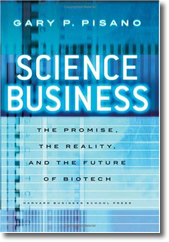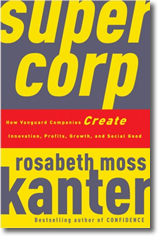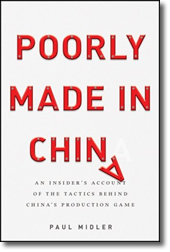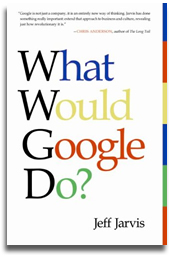Book Review: Impact Investing
Tuesday, December 6th, 2011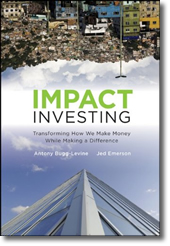
Bugg-Levine, Antony. Impact investing : transforming how we make money while making a difference. Jossey-Bass, 2011.
This afternoon (Tuesday, December 6) at 4:00pm, the Fuqua School’s Center for the Advancement of Social Entrepreneurship is presenting the 2011 Leadership in Social Entrepreneurship Award to Antony Bugg-Levine, CEO of the Nonprofit Finance Fund.
Bugg-Levine is also author, with Jed Emerson, of Impact Investing, a new book that describes how for-profit investments can help address social problems. In Impact Investing, the authors outline a set of investment strategies that generate financial returns while intentionally improving social and environmental conditions.
Instead of viewing management of financial assets as a tradeoff between social and financial results, the authors show how investors can take an integrated approach, generating a blend of values of shareholders and stakeholders alike. Impact Investing is an optimistic view of what can be achieved when financial assets are managed in unison with values and beliefs.
© Reviewer: Meg Trauner & Ford Library – Fuqua School of Business.
All rights reserved.
